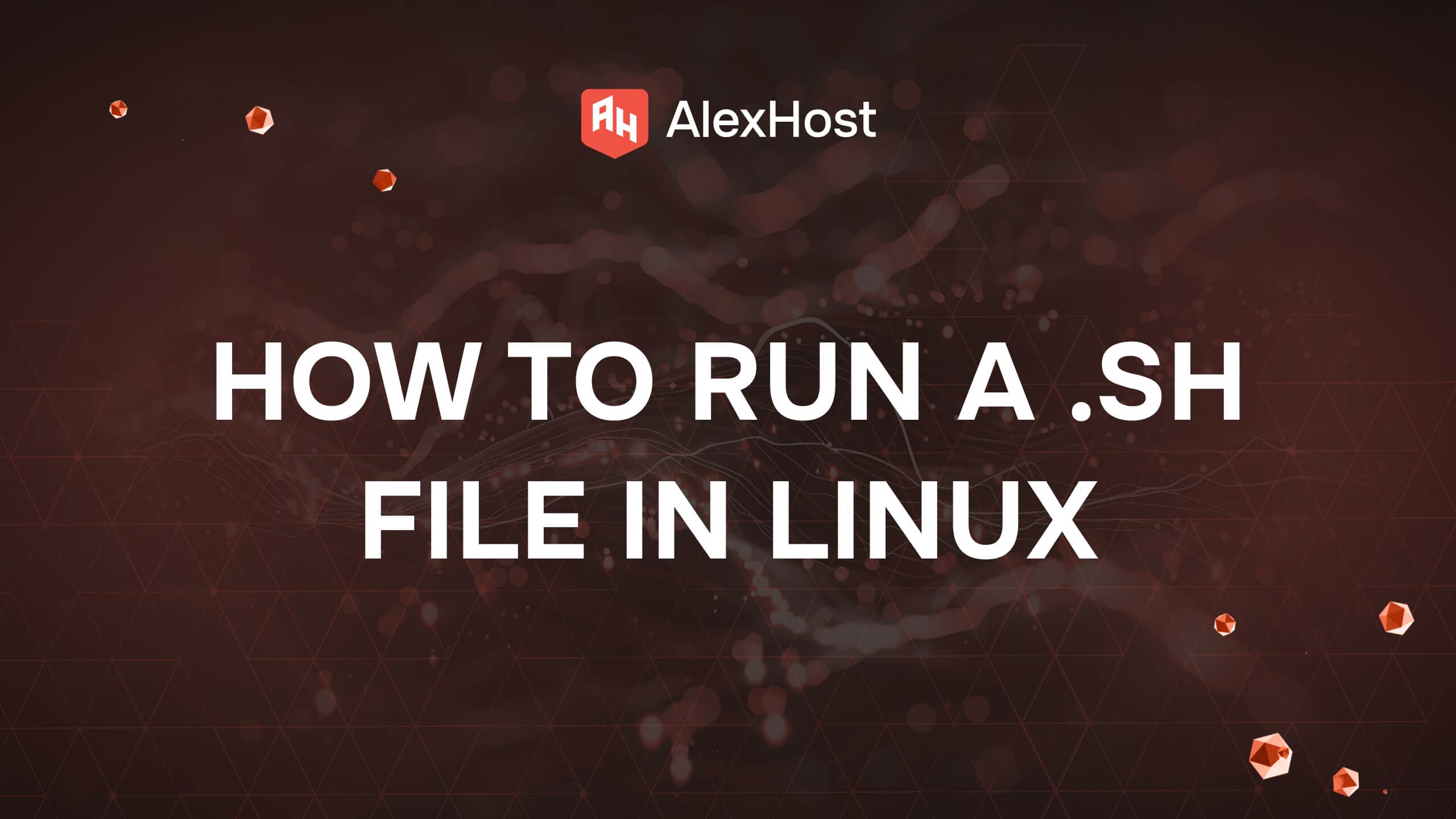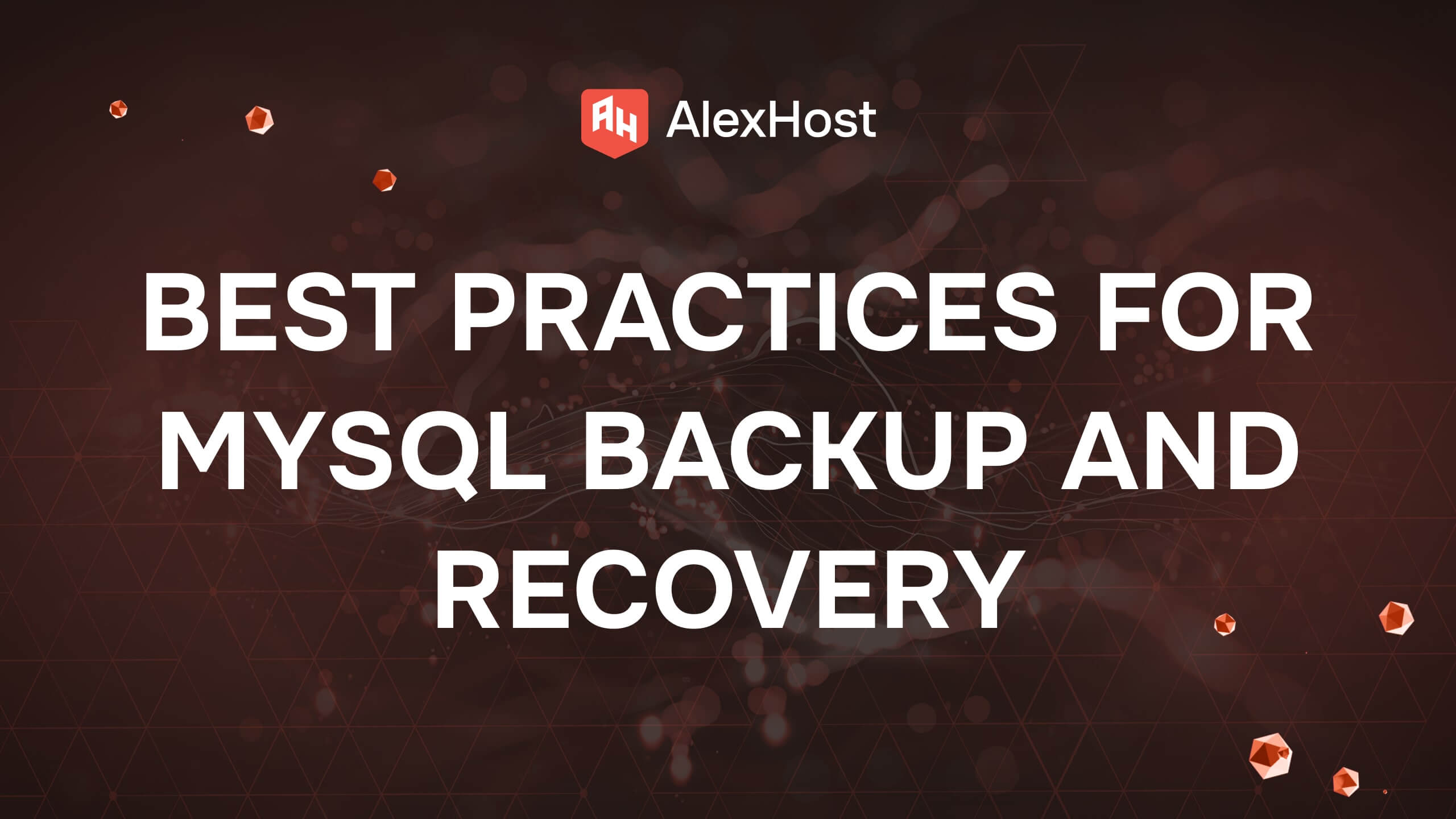Modern websites and web applications rely heavily on databases, and MySQL hosting remains one of the most widely used solutions for managing structured data. However, as projects grow, database performance and query optimization become critical for maintaining fast website speed and stable server performance.In this article, we’ll explore proven MySQL optimization techniques, share best practices […]
By default, Ubuntu installs updates automatically to keep your system safe and stable. This is useful for most users, but in some cases you may want to control updates manually — for example, on servers, test environments, or when you need to keep specific software versions. Main Update Mechanisms in Ubuntu unattended-upgrades — service that […]
Managing software repositories is a critical aspect of maintaining a stable and secure Linux environment. Occasionally, repositories may become problematic—they may be outdated, untrusted, or cause conflicts during package management operations. This article provides a comprehensive guide on safely identifying and removing such troublesome repositories, primarily within Debian-based Linux distributions like Ubuntu, Mint, and Kubuntu. […]
Fortify Your Linux Server on AlexHost: Top Security Practices Why secure your Linux server? Linux is a fortress, but it’s not invincible. Missteps like outdated packages or open SSH ports can invite trouble. On AlexHost’s VPS or dedicated servers, you’ve got the tools and power to lock things down tight. These best practices—updates, SSH hardening, […]
Managing files and directories is a fundamental skill for any Linux user — whether you are working on a VPS, a dedicated server, or your local machine. One of the most common tasks is moving files between directories. In Linux, this is usually done with the mv (move) command. In this article, we’ll explain how […]
Working in Linux often feels like navigating a vast library. Instead of shelves, you have directories (folders), and instead of books, you have files. To be effective as a system administrator, developer, or even a curious beginner, you need to master the basics of finding your way around this structure. One of the most important […]
In Linux, shell scripts (.sh files) are widely used to automate tasks, configure systems, or deploy applications. Knowing how to run them is essential for administrators, developers, and anyone working with Linux servers. In this guide, we’ll explain different methods step by step. 1. Make the File Executable When you download or create a .sh […]
MySQL remains one of the most widely adopted relational database management systems, powering everything from small e-commerce websites to enterprise SaaS platforms. With this ubiquity comes a critical responsibility: safeguarding data against hardware failures, human error, and malicious attacks. A single corrupted database or lost table can disrupt operations, erode customer trust, and result in […]
Running high-performance applications on Linux requires more than powerful hardware; it demands careful tuning of the operating system, kernel parameters, and the software stack. Proper optimization ensures lower latency, higher throughput, and improved reliability, which is critical when hosting databases, web applications, or compute-intensive workloads at scale. Keep the System Lean A high-performance server should […]
When it comes to securing Linux servers, most administrators think about the basics: keeping packages updated, configuring firewalls, limiting SSH access. Yet one of the most powerful security mechanisms often goes overlooked — SELinux (Security-Enhanced Linux). This isn’t just an add-on; it’s a kernel-level security framework designed to stop intrusions before they escalate. For both […]

















